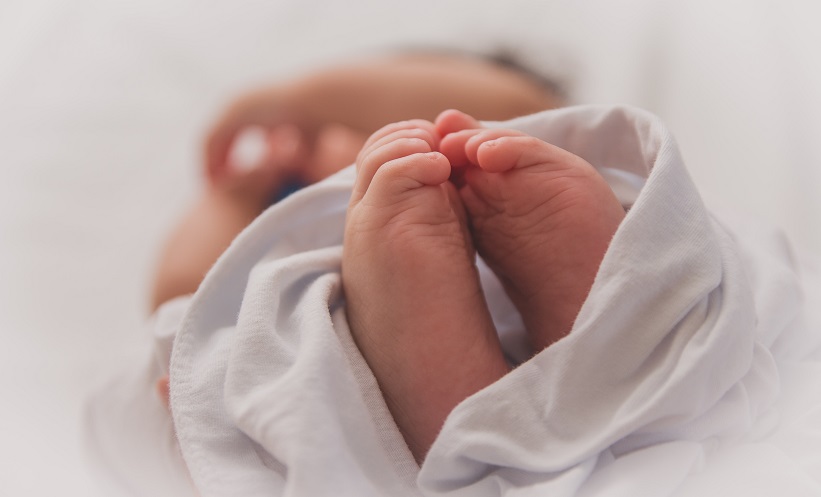ALLERGIC responses can be passed to newborns, with recent research demonstrating the effect of antibodies crossing the placenta during pregnancy. The study by the Agency for Science, Technology and Research (A*STAR), KK Women’s and Children’s Hospital (KKH), and Duke-NUS Medical School, Singapore City, Singapore, utilised an animal model to track the passage of maternal immune cells across the placenta and acess the allergic responses of the offspring following birth.
IgE was found to cross the placenta in mice, with maternal IgE detected in fetal mice that then bound to fetal mast cells and triggered allergic immune responses. The offspring exhibited allergic responses on first exposure to the same allergens as the maternal allergies, rather than requiring a second exposure to generate the response. The offspring mice shared the maternal allergy to ragweed but failed to react to dust mites, supporting the transfer of specific maternal allergies.
The transferred sensitivity faded with time, with allergies present in the offspring at 4 weeks but little or no reactions at 6 weeks. The protein FcRN was required for placental transfer of maternal IgE; in mice with FcRN knocked out, IgE attached to fetal mast cells was not detected and no allergies developed.
By demonstrating that maternal IgE can bind to fetal mast cells, laboratory studies suggest that these findings are translatable to humans. This was tested via both cellular testing and imaging, revealing degranulation prompted by binding of maternal IgE to the fetal mast cells. Allergies currently affect 10–30% of the population, and addressing processes of maternal transfer of allergies could help reduce this prevalence over time.
Dr Florent Ginhoux, A*STAR Singapore Immunology Network (SIgN), explained: “Here, we discovered that fetal mast cells phenotypically mature through the course of pregnancy, and can be sensitised by IgE of maternal origin that cross the placental barrier. The study suggests that a highly allergic pregnant mother may potentially transfer her IgE to her baby, who consequently develops an allergic reaction when exposed for the first time to the allergen.”
Prof Jerry Chan, KKH and SingHealth Duke-NUS Academic Medical Centre, highlighted the impact of these findings: “From a clinical point of view, developing a further understanding in placental transfer of IgE and the mechanism of fetal mast cell activation would be key to developing strategies to reduce the chance of eczema or other allergies from being transferred from mother to baby.”






